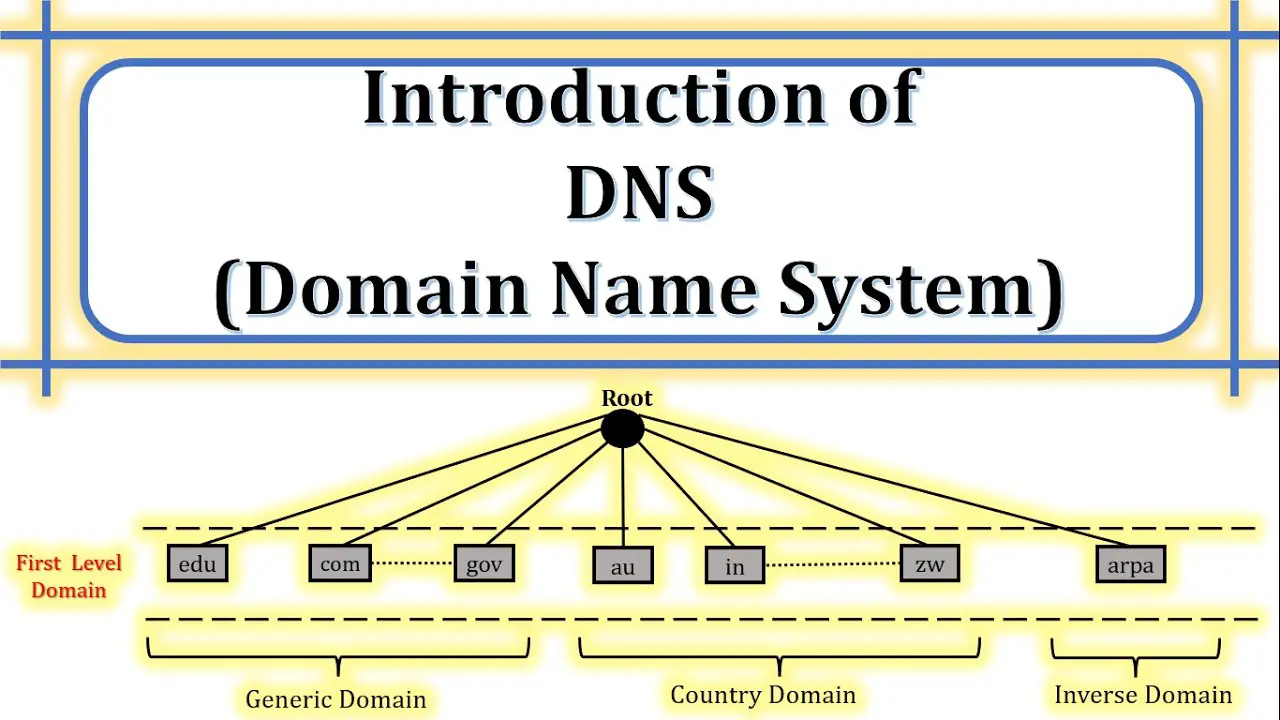In the past two decades, the rise of social media apps has fundamentally transformed the way we communicate, share information, and connect with one another. Platforms like Facebook, Instagram, Twitter, and TikTok have become an integral part of our daily lives. While these platforms offer numerous benefits, such as enabling global communication and facilitating the spread of information, they also come with a host of challenges and concerns. In this article, we will delve into the multifaceted landscape of social media apps, exploring the various challenges they face, from privacy and security issues to the impact on mental health and society.
Privacy Concerns
Privacy has emerged as one of the most significant concerns associated with social media apps. These platforms collect vast amounts of user data, including personal information, browsing habits, and location data. While some of this data is used to enhance user experience and target advertising, it also raises questions about the misuse and potential exploitation of this information.
(a). Data Breaches
Over the years, social media platforms have suffered numerous data breaches, exposing millions of users’ sensitive information to hackers. These breaches can have severe consequences, including identity theft, financial loss, and the compromise of personal and professional relationships. Strengthening cybersecurity measures is a constant challenge for social media companies.
(b). Privacy Settings and User Awareness
Social media platforms provide users with privacy settings to control the visibility of their content and the information they share. However, the complexity of these settings and the lack of user awareness often lead to unintended data exposure. Many users are unaware of the extent to which their data is collected and shared, highlighting the need for better education and user-friendly privacy controls.
Misinformation and Disinformation
The rapid dissemination of false or misleading information through social media apps has become a pressing concern, particularly in the age of “fake news” and misinformation campaigns.
(a). Spread of False Information
Social media platforms have been used to spread false information about a wide range of topics, including politics, health, and science. The viral nature of social media can amplify the reach of such information, leading to real-world consequences, like public health crises and political unrest.
(b). Algorithmic Amplification
Algorithmic recommendations and news feeds often prioritize sensational and controversial content, increasing the likelihood of misleading information going viral. Platforms face the challenge of striking a balance between user engagement and content accuracy.
Mental Health Impact
The excessive use of social media apps has been linked to various mental health concerns, including anxiety, depression, and low self-esteem.
(a). Social Comparison
Social media often fosters a culture of comparison, where users compare their lives, appearances, and achievements to others. This constant comparison can lead to feelings of inadequacy and negatively impact mental health.
(b). Cyberbullying and Online Harassment
Social media platforms are breeding grounds for cyberbullying and online harassment. The anonymity offered by these platforms can embolden individuals to engage in harmful behavior, targeting vulnerable users.
(c). Addiction and Screen Time
The addictive nature of social media apps can lead to excessive screen time, detracting from real-world interactions and activities. This over-reliance on social media can contribute to feelings of isolation and loneliness.
Impact on Society
Social media apps have profound societal implications, affecting politics, relationships, and social norms.
(a). Polarization and Echo Chambers
Social media can foster political polarization by exposing users to content that aligns with their existing beliefs and opinions. This “echo chamber” effect can make it challenging for individuals to engage in constructive dialogue and consider diverse perspectives.
(b). Influence on Elections
Social media platforms have been scrutinized for their role in the spread of misinformation and foreign interference in elections. Regulatory challenges and the need for transparent policies to combat these issues persist.
(c). Impact on Relationships
While social media can help maintain long-distance relationships and facilitate connections, it can also strain relationships due to jealousy, misunderstandings, and excessive use. Balancing the positive and negative effects on personal relationships is an ongoing challenge.
Content Moderation and Censorship
Social media companies face the complex task of moderating content to prevent hate speech, harassment, and the spread of harmful material, all while respecting principles of free speech.
(a). Balancing Free Speech and Safety
Determining what constitutes acceptable content on social media platforms is a contentious issue. Companies must strike a balance between protecting users from harm and upholding principles of free expression.
(b). Regulatory Pressure
Governments around the world are increasingly pressuring social media companies to take more significant responsibility for moderating content. This raises concerns about censorship and the potential stifling of free speech.
Regulatory Challenges
The rapidly evolving nature of social media presents regulatory challenges for governments and international bodies.
(a). Cross-Border Data Flow
Social media platforms operate globally, making it difficult to regulate the flow of data across borders. Data privacy regulations, such as the GDPR in Europe, have raised questions about jurisdiction and enforcement.
(b). Antitrust Concerns
Several social media giants have faced antitrust investigations due to their dominant market positions. Regulators are grappling with how to ensure fair competition and protect user interests.
(c). Age Restrictions
Enforcing age restrictions to protect minors from harmful content and data collection presents a persistent challenge for regulators and platform operators.
Conclusion
Social media apps have become integral to modern society, offering numerous benefits while also posing significant challenges and concerns. Addressing these issues requires a collective effort involving platform operators, regulators, users, and society as a whole. Striking the right balance between innovation and safeguarding privacy, mental health, and the integrity of information remains an ongoing challenge as we navigate the complex digital landscape of social media apps. As these platforms continue to evolve, proactive measures and responsible governance will be crucial to ensure a safer and more constructive online environment for all.







Leave a Reply